Canada’s 2-1 victory over New Zealand in their Olympic soccer opener has been overshadowed by a drone spying scandal that goes far beyond a single incident.
The scandal erupted when New Zealand lodged a formal complaint to the IOC, alleging that Team Canada had used drone surveillance to spy on their training session in Saint-Étienne. Local Police intercepted the drone and arrested Joseph Lombardi, described as a “Non-accredited analyst” for the Canadian team.
Lombardi pleaded guilty to “flying an unmanned aircraft over a prohibited area” and received a suspended eight-month prison sentence along with a fine of approximately $49,000.
“On behalf of our entire team, I first and foremost want to apologize to the players and staff at New Zealand Football and to the players on Team Canada,” head coach Bev Priestman said in a statement.
The Canadian Olympic Committee swiftly acknowledged the Drone Incident and issued an apology. They promised to conduct an “independent external Review” of the situation.
However, according to TSN, sources reveal that both Canadian men’s and women’s national soccer teams have been engaged in systematic spying efforts for years, often utilizing Drone Technology to gain unfair advantages.
A History of Covert Surveillance
The recent Olympic incident, where Joseph Lombardi was caught operating a drone over New Zealand’s training session, appears to be just the tip of the iceberg.
TSN reports that coaching staff and contractors have been involved in filming closed-door training sessions of opponents as far back as the 2021 Tokyo Olympics, where Canada won gold.
“In Tokyo, a lot of the facilities were a little bit more open so in some cases, you could see from behind bushes or behind fences or behind trees,” a source told TSN, highlighting the extent of the espionage efforts.
Widespread Use of Drones
The use of drones for spying wasn’t limited to the women’s team. Sources indicate that the men’s national team also employed similar tactics:
- A drone allegedly recorded a U.S. training session before a game in Florida in November 2019.
- During World Cup qualifiers, Honduras halted a training session in Toronto after spotting a drone overhead.
Former Canada coach John Herdman cryptically remarked at the time, “You’ve got to be really careful. So yeah, you got to be careful in CONCACAF. It’s a tricky place.”
Pressure and Consequences
Some staff members reportedly felt pressured to participate in these activities. “You have to give 110 percent and this is part of the job so if you don’t feel comfortable with doing this, you do not have a place on the team,” one source revealed to TSN.
The fallout from these revelations has been severe:
- Head coach Bev Priestman has been removed from her position for the remainder of the Olympic tournament.
- Assistant coach Jasmine Mander and analyst Joseph Lombardi have been sent home from the Olympics.
- Canada Soccer has announced an independent investigation into the historical ethical practices of both national team programs.
Impact on the Sport
Amy Walsh, a former women’s national team player, expressed her dismay: “This is awful, the worst-case scenario. I feel sick to my stomach, genuinely nauseated. I understand when you get to a high level, people will be ruthless and do whatever they can to gain a competitive advantage but this is so far over the line.”
DroneXL’s Take
This scandal exposes a darker side of drone technology in sports. While drones have legitimate uses for training analysis and broadcasting, their misuse for espionage raises serious ethical concerns. It underscores the urgent need for stricter regulations and oversight in sports to prevent such abuses.
As drone technology continues to advance, sports organizations must not only address potential misuse but also work towards creating a culture of fair play that respects the integrity of the game. This incident serves as a stark reminder that technological advancements, if left unchecked, can undermine the very spirit of sportsmanship that forms the foundation of Olympic ideals.
The widespread nature of these allegations suggests that this issue may extend beyond Canadian soccer, potentially necessitating a broader review of drone policies in international sports competitions. As we move forward, it’s crucial that the sporting world comes together to establish clear guidelines and ethical standards for the use of drones and other emerging technologies in competitive environments.
Discover more from DroneXL
Subscribe to get the latest posts sent to your email.

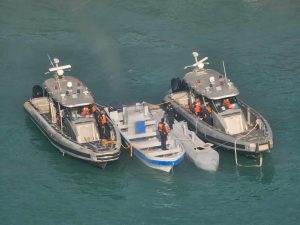
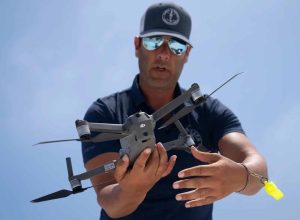

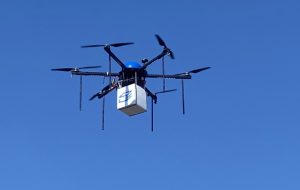

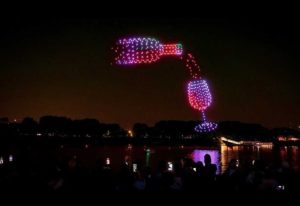
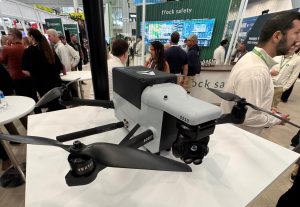
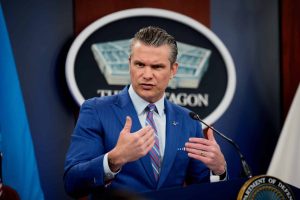
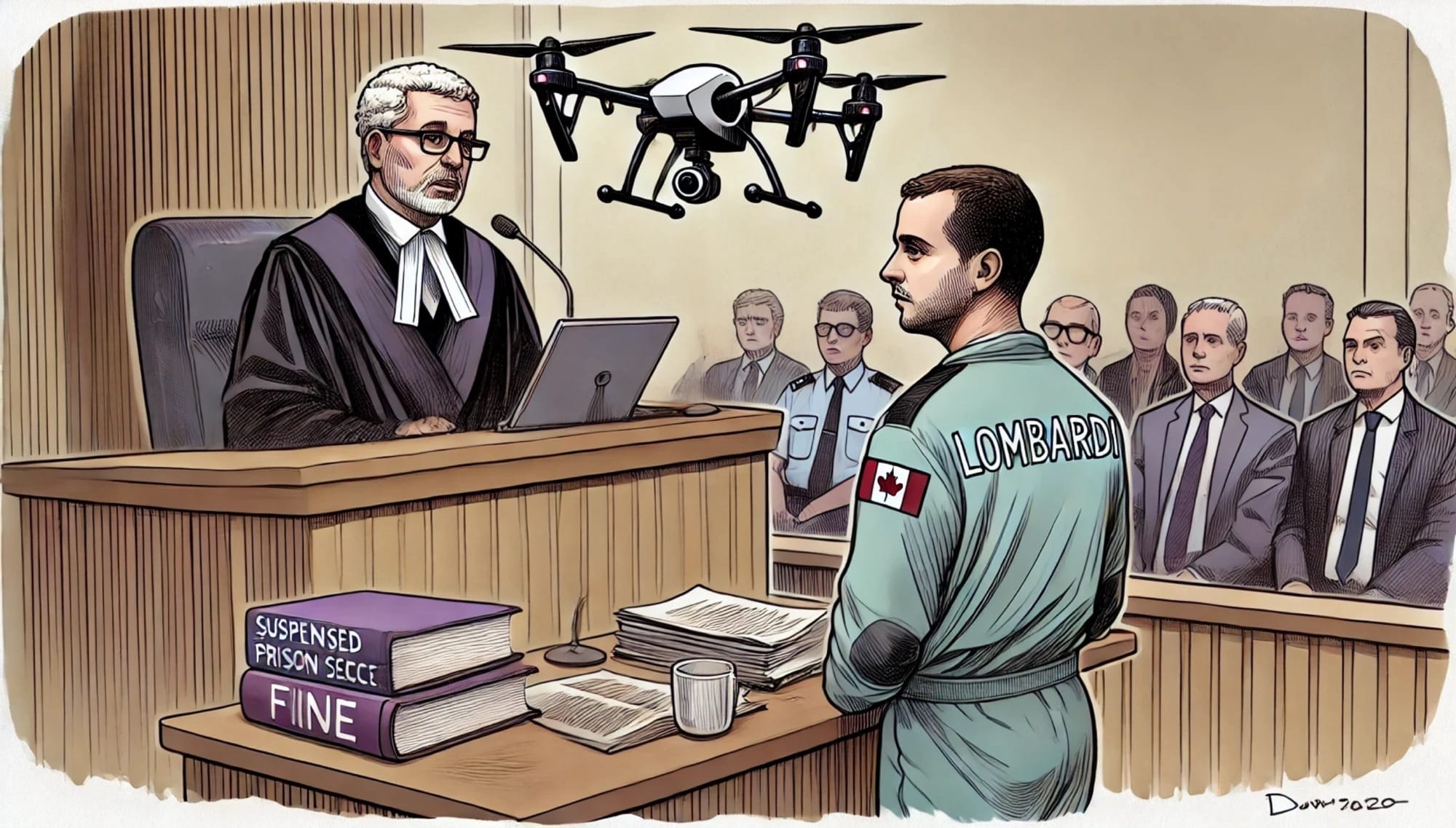

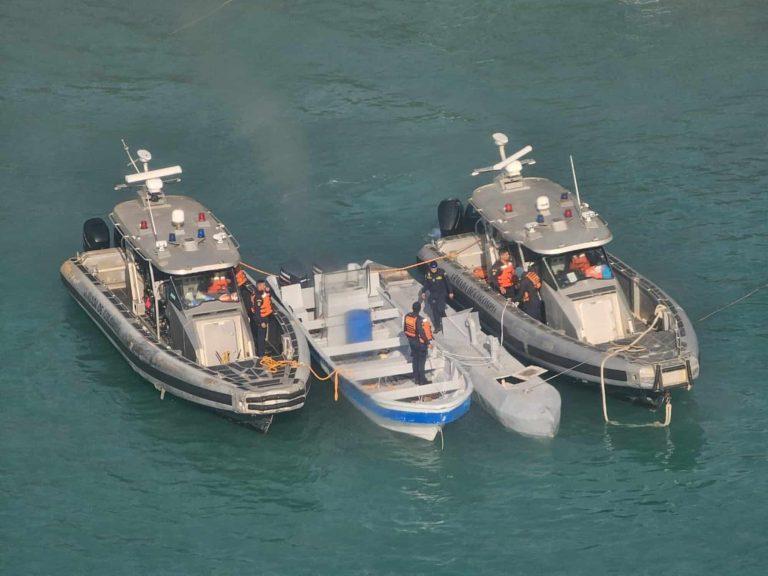
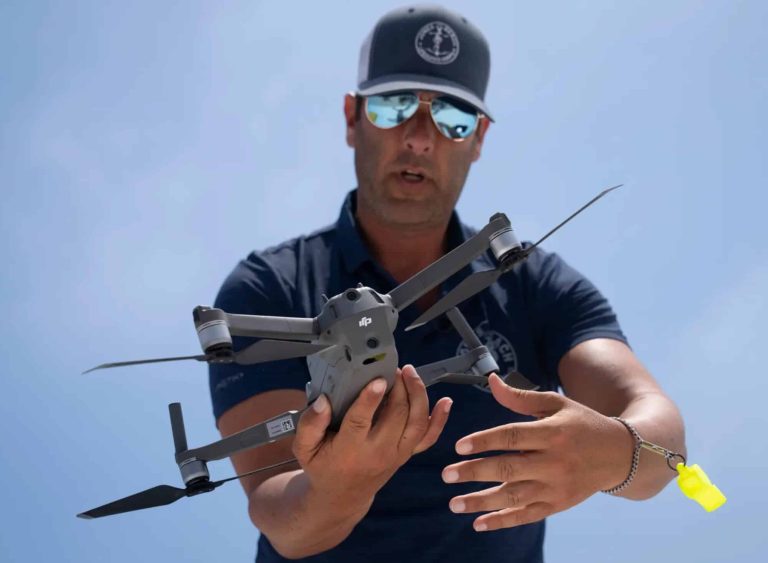

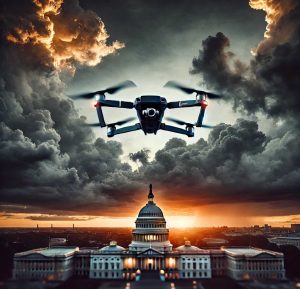
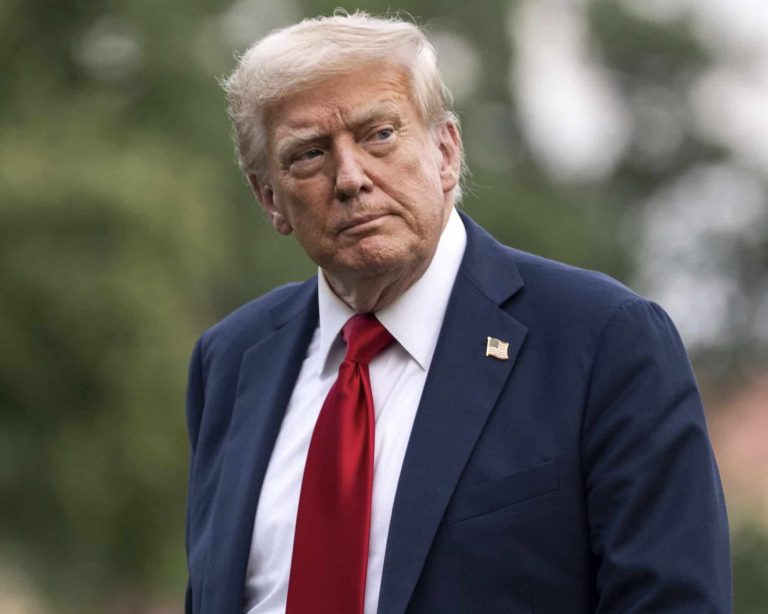
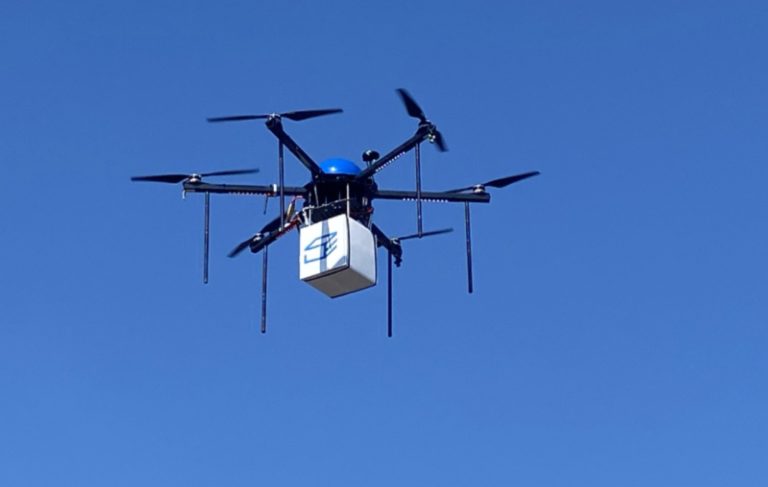

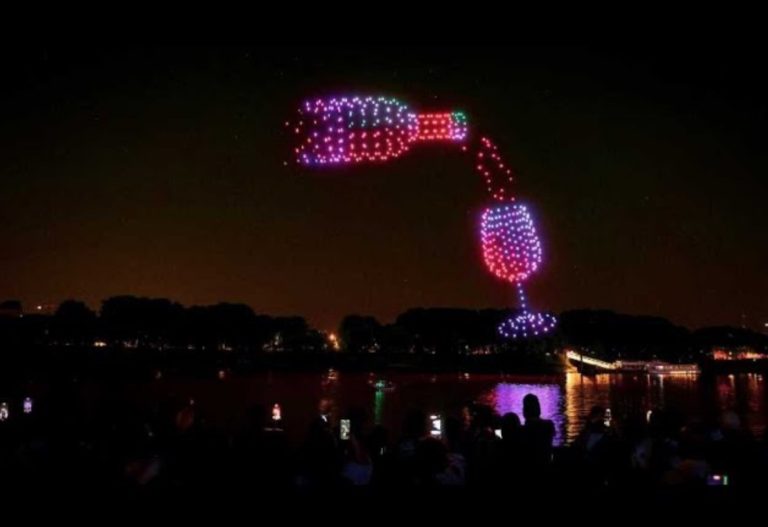
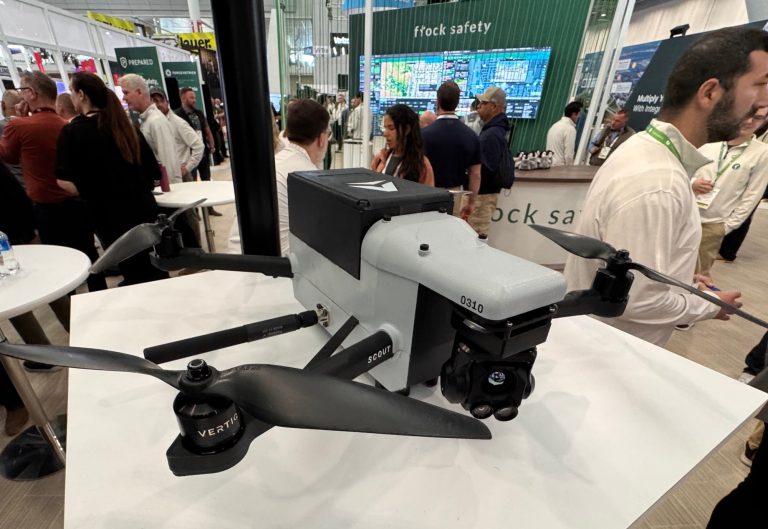
+ There are no comments
Add yours